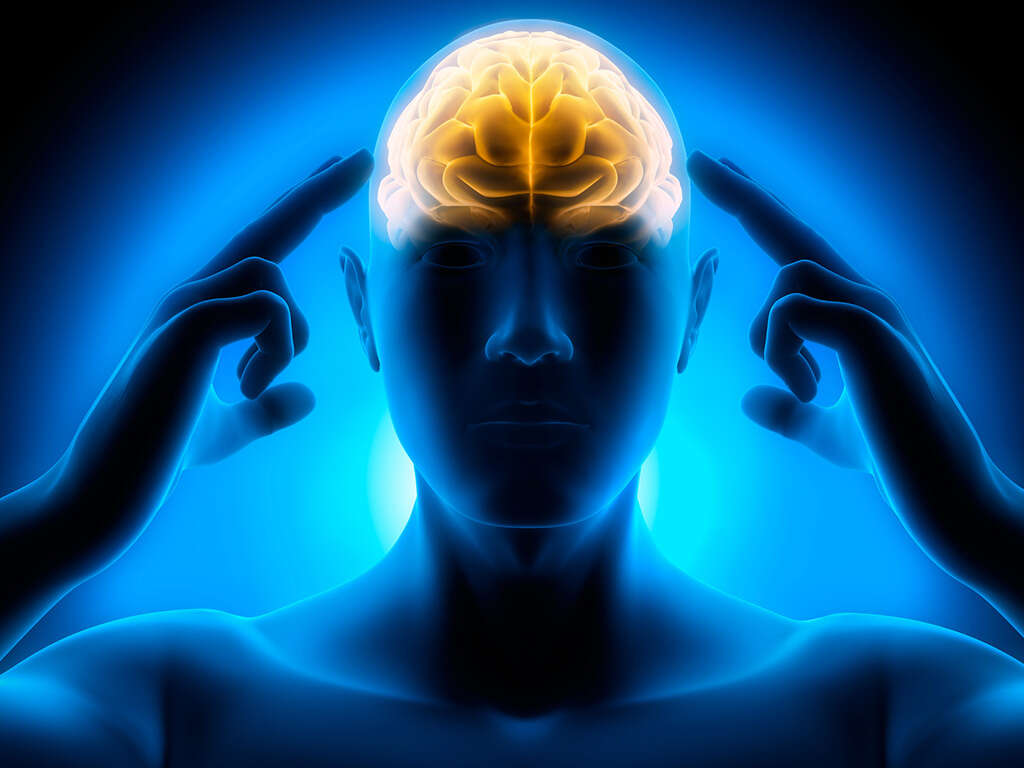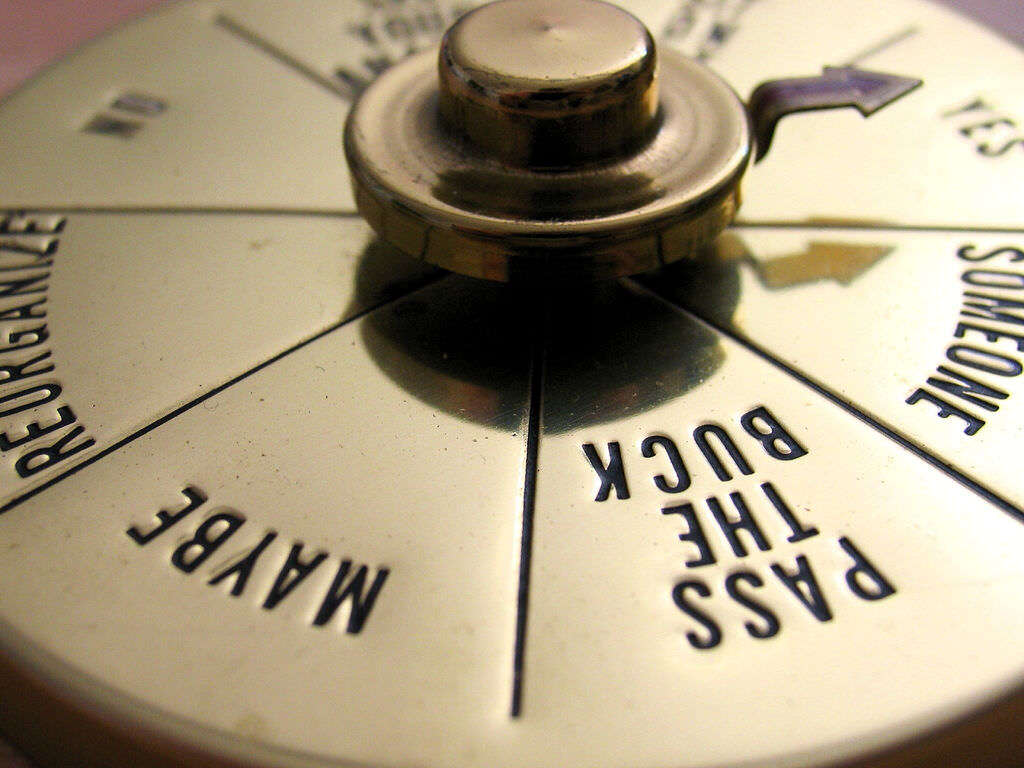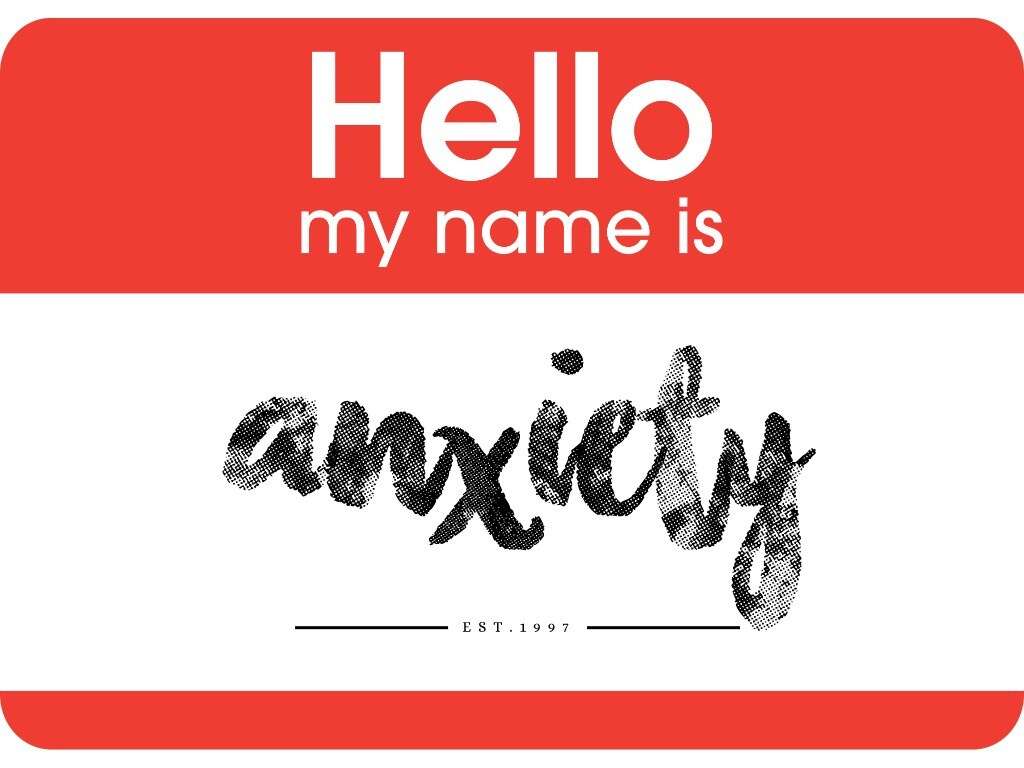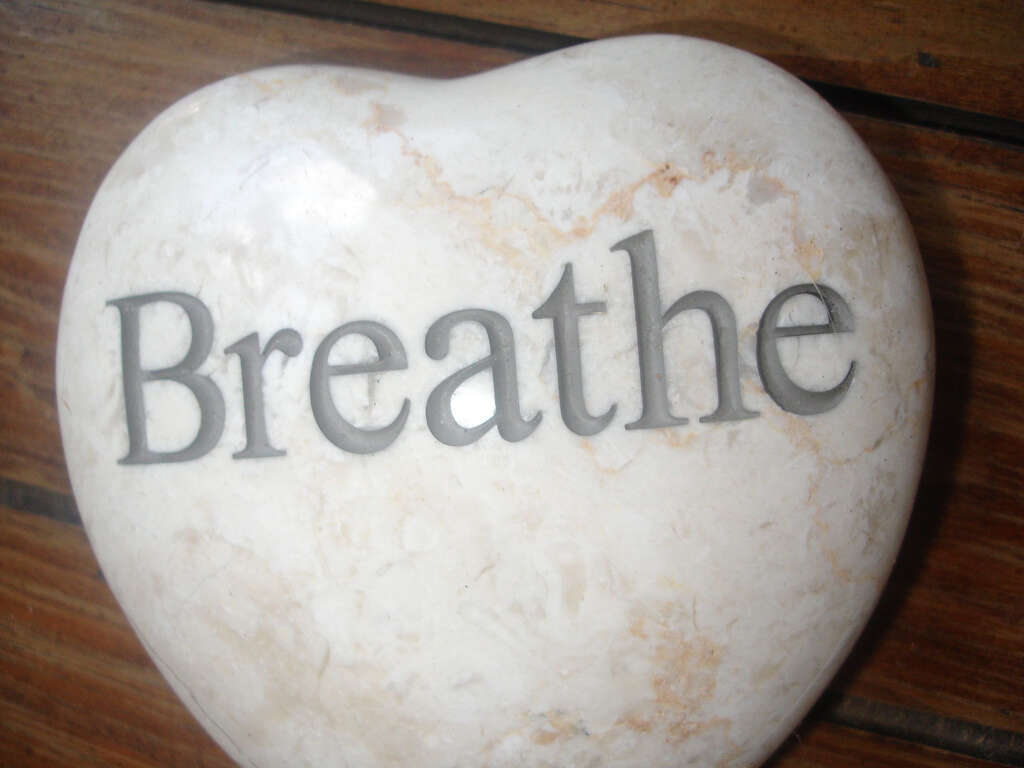10 Anxiety Symptoms
Anxiety is the most commonly diagnosed mental condition in the world, and there are many varieties - social anxiety, generalized anxiety, panic disorder, and many others. Furthermore, tons of other mental health issues like PTSD (Post Traumatic Stress Disorder) and depression can often cause anxiety.
Regardless of the many different types and causes of anxiety, there are a few signs and symptoms that you may be suffering from something more than a passing wave of anxiety. We’ve all experienced the fluttering heart and nervous spike that occurs when we have to do something we’re not comfortable with - that’s natural.
These symptoms often arise persistently in people who actually have a problem with anxiety. If you experience any of these symptoms on a regular basis, then you might want to consider seeking medical attention for proper diagnosis and to discuss possible treatment options.

Symptom #1: Fixation on the future
Anxiety is a condition that’s marked by fixation on the future. It simply doesn’t exist unless you are, at some level, focused on the future. This is because anxiety is a condition that occurs when you, consciously or unconsciously, are worried about what could happen.
For this reason, sometimes anxiety is referred to as the ‘what-if’ disease. That’s because someone with anxiety is always worried about what might go wrong. Approaching a big group of people? What if you stumble and make a fool of yourself? Going to give a speech? What if you forget the words!
These are all forms of anxiety that arise when you’re worried about what could go wrong. This distracts you from functioning at your highest level because you end up worrying so much about what could happen, you neglect to pay attention to what you’re doing.

Symptom #2: Restlessness
While restlessness doesn’t always indicate anxiety, it’s also one of the biggest telltale symptoms of someone experiencing an anxiety attack.
If you ever find yourself fidgeting, shaking your leg, or otherwise unable to keep still - especially when you’re not necessarily full of energy - then it could be a sign that you’re trying to distract yourself from the way that you’re feeling.

Symptom #3: Difficulty Concentrating
It can be immensely difficult for someone suffering from anxiety to be able to concentrate on anything. This is because anxiety has a tendency to overwhelm a person’s train of thought.
When you are constantly worried about your surroundings, the future, or the things in your life, it becomes a lot more difficult to be present and aware of what’s happening immediately in front of you. This is one of the reasons that people with serious anxiety problems might have difficulty focusing in school or giving it their best when they’re at work.

Symptom #4: Nausea and Vomiting
It is normal to become anxious before an important moment in our lives. Usually, for most of us, this feeling goes away and we are able to perform as intended.
For patients suffering from an anxiety disorder, the anxiety is too much to tolerate and can cause symptoms that prevent the patient from functioning. Nausea and even vomiting are quite common symptoms for patients dealing with an anxiety disorder. If you think you might be suffering from an anxiety disorder, it is important to get help from a professional to diagnose and treat the condition.

Symptom #5: Fear of Dying
It is quite normal for any person to fear their own demise, but generally this is not a regular though in our minds during an everyday situation.
For patients suffering from anxiety disorders, especially the ones with panic disorder, the fear of death is constant. The thought of imminent danger can come at any moment, causing the patient to drop everything they’re doing and focus on their irrational fear.

Symptom #6: Muscle Tension
Anxiety can cause tension to build-up in your muscles. The constant state of distress can result in muscle spasms and tightening of certain group muscles, especially in the neck and back.
This can also lead to aches and pains all throughout the body. This might become more apparent during a stressful situation, but it can get to the point where this pain and tension is present all the time.

Symptom #7: Sweating
Another physical symptom that emerges quite frequently in people suffering from anxiety is profuse sweating. Sweating is pretty natural when someone exerts themselves physically, but it can also occur as a sign of anxiety.
It is important to notice that this symptom can also be cause by many other conditions like hyperhidrosis. If you are suffering from this symptom, seek medical attention for proper diagnosis.

Symptom #8: Shortness of Breath or Hyperventilation
These are classical symptoms of a panic attack; the patient usually finds it difficult to breath without any reason to justify the symptom.
Hyperventilation is also quite common, and it may cause the patient to lose consciousness. During a panic attack, it is helpful to breath into a paper bag to prevent a fainting episode. If you are suffering from panic attacks, you should book a consultation with a physician to properly diagnose your condition.

Symptom #9: Insomnia
People who have anxiety have a hard time getting to sleep, especially when their anxiety is flaring up when it’s near bedtime. Racing thoughts are a trademark of anxiety, and they’re also a trademark of people who have a hard time falling asleep.
Anxiety can also manifest as emotional turmoil. Your feelings may simply be too much for you to be able to fall asleep with them. This is especially apparent if a person has something coming up, like an appointment or a speech, or if something stressful has happened.

Symptom #10: Irrational Fears
One of the basic things about anxiety is that it’s a worry about something that hasn’t happened yet. There is also a lot of irrational fears that can emerge when someone is anxious, that can be very specific or very broad. For example, they may fear getting hit by a car every time they cross a crosswalk, which is extremely unlikely.
Fears like this can have a negative impact on a person’s lifestyle and can be severely limiting. Irrational fears can prevent someone from enjoying themselves socially, from getting out of the house, or for succeeding in the area they wish to.












